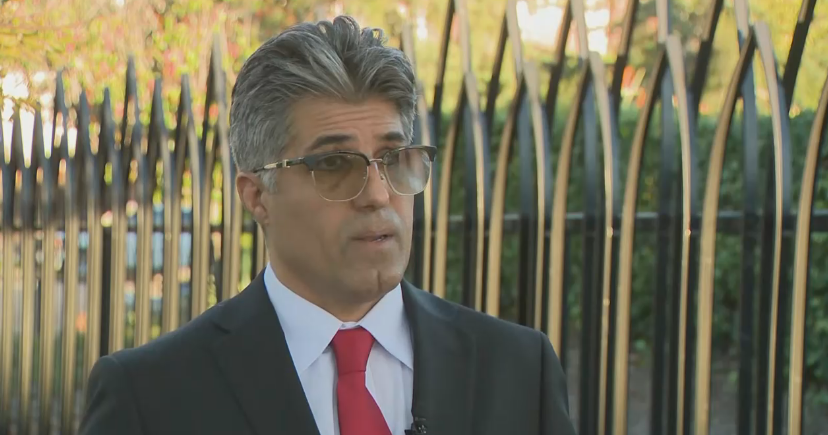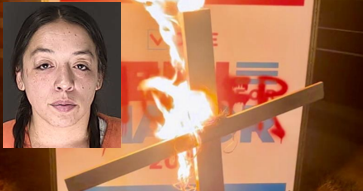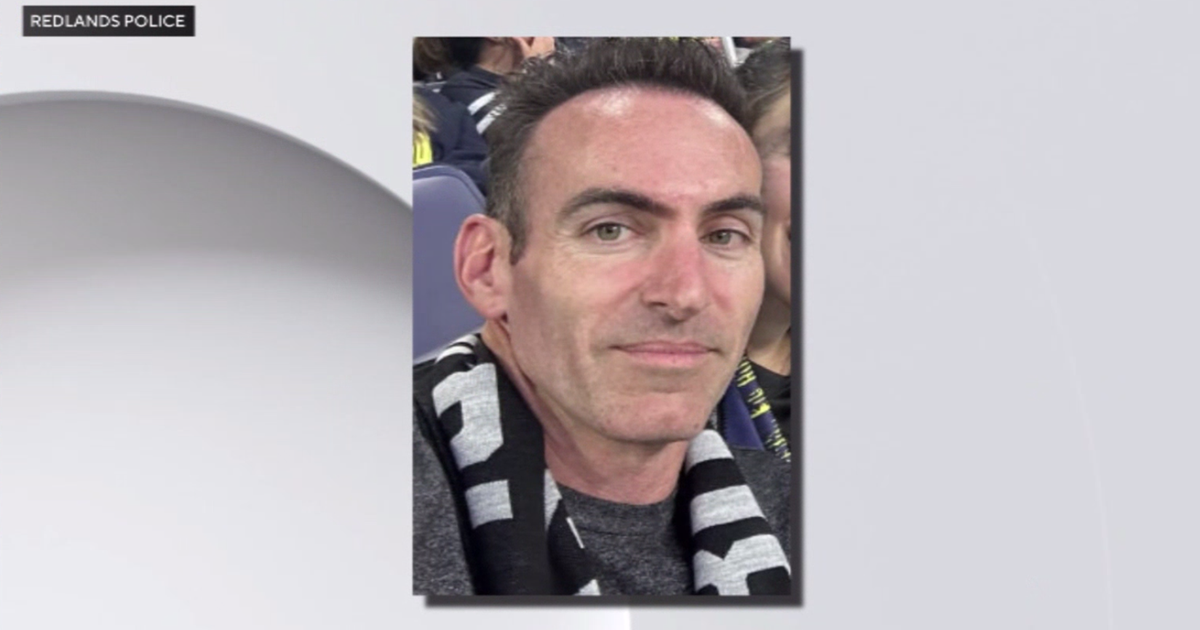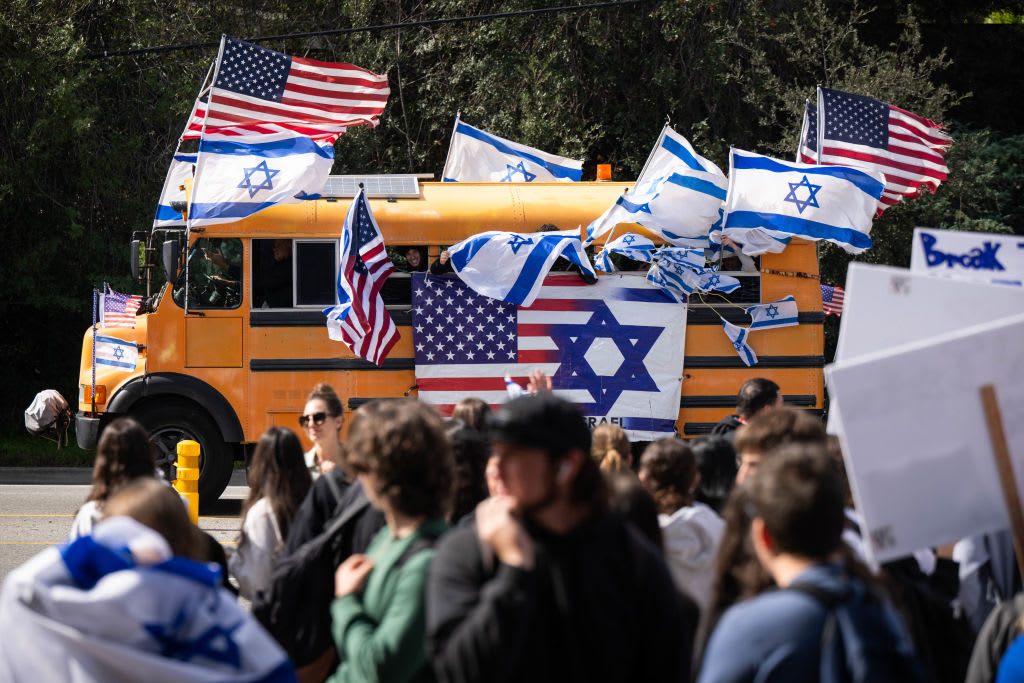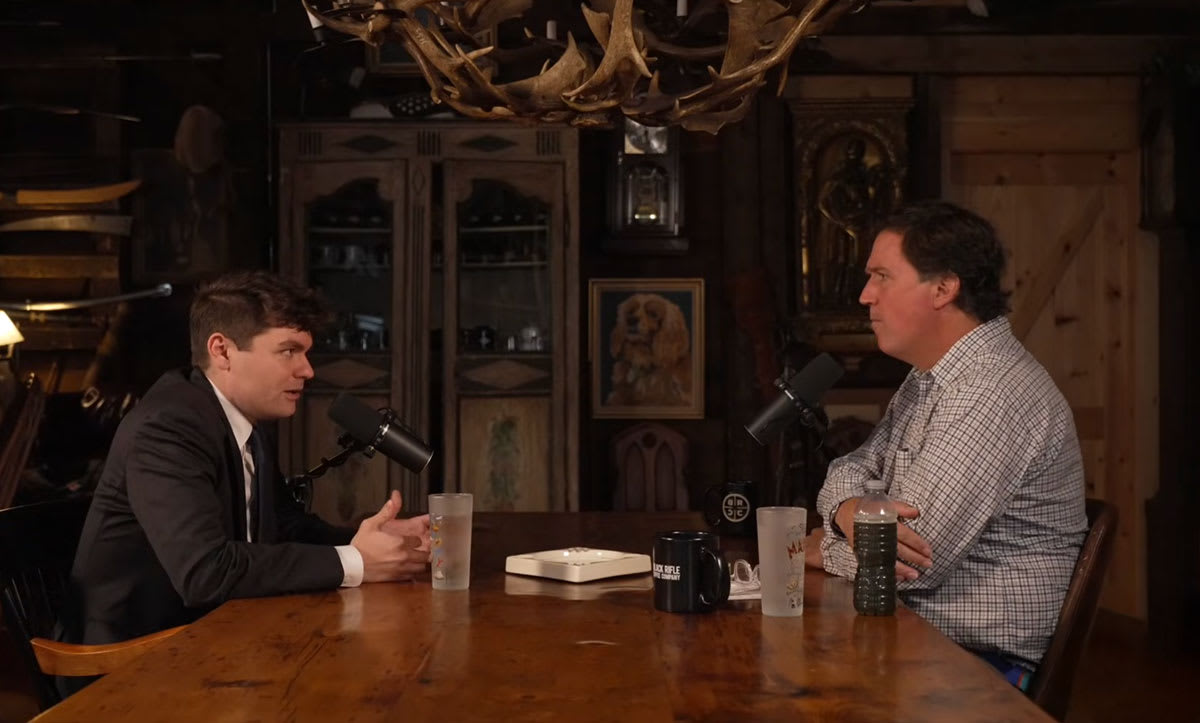Israel-Palestinian conflict fuels antisemitism in U.S. and Europe
Paris — The deadly clash between Israel and Palestinian militants fueled an already-rising trend of antisemitic attacks. A virtual rally was being held on Thursday to demand action to stop the violence in the U.S., where recent attacks in Los Angeles and New York City have led to police investigations.
The NYPD said a second person was arrested in connection with the beating of a Jewish man last week — an attack that took place amid opposing protests in the city by pro-Israeli and pro-Palestinian demonstrators.
The Anti-Defamation League received 193 reports of antisemitism in the U.S. last week — a 47% increase from the previous week. But the violence isn't limited to American cities. As CBS News correspondent Holly Williams reports, antisemitic attacks have been on the rise across the Atlantic, too.
As Israelis and Palestinians descended once again into deadly violence, Europe saw a spate of antisemitic incidents, including incitements to rape Jewish women blared from cars in London, racist chants at pro-Palestinian rallies in Germany, and a right-wing crowd giving fascist salutes in Italy.
Turkish President Recep Tayyip Erdogan was condemned by the U.S. State Department last week after he criticized the Israeli government's actions, but then declared it "in their nature," and said "they are only satisfied by sucking blood."
Noemie Madar, president of the Jewish Union of Students in France, told CBS News that she believes that legitimate criticism of Israel — whether you agree with it or not — is sometimes used as a cover for antisemitism.
"When there is something happening in Israel, it arrives in France, and Jews are the first victims of that," she told Williams.
France has the biggest Jewish population in Europe. In recent years, that population has been the target of several deadly attacks, and a Jewish cemetery was desecrated with Nazi swastikas.
The incidents led President Emmanuel Macron to say that anti-Semitism in France and other Western countries had reached its worst level since World War II. His Interior Minister, Christophe Castaner, warned two years ago that antisemitism was "spreading like a poison" in the country, as he attended a memorial for a young Jewish man tortured to death in 2006.
Jewish people make up about 1% of France's overall population, but according to the latest government numbers they're the victims of more than 40% of racist acts in the country.
Tom Cohen, an American rabbi from Portland who's lived and worked in Paris for more than 20 years, told CBS News that many French synagogues have taken special security measures.
"One of the things we have to think about is having bulletproof windows placed in, having mantrap doors for the entrance and so forth," he said. "Just because you have to protect yourself, you have to think about who might be coming in to target you or not."
Cohen said he'd also experienced anti-Semitism in the U.S., where he believes authorities track it much less thoroughly, and have less specific legislation in place to counter it.
"We have some dramatic events here, but I think it'd be a bit blind to think it's only here," he said. "In France, there is a law against anti-Semitism. There isn't one in the United States."
While a tenuous truce has halted this latest, deadly flare-up of the conflict in the Middle East, the fighting has fanned the flames of centuries-old prejudices in the West, laying bare the incendiary power of a religious standoff with no permanent resolution in sight.

